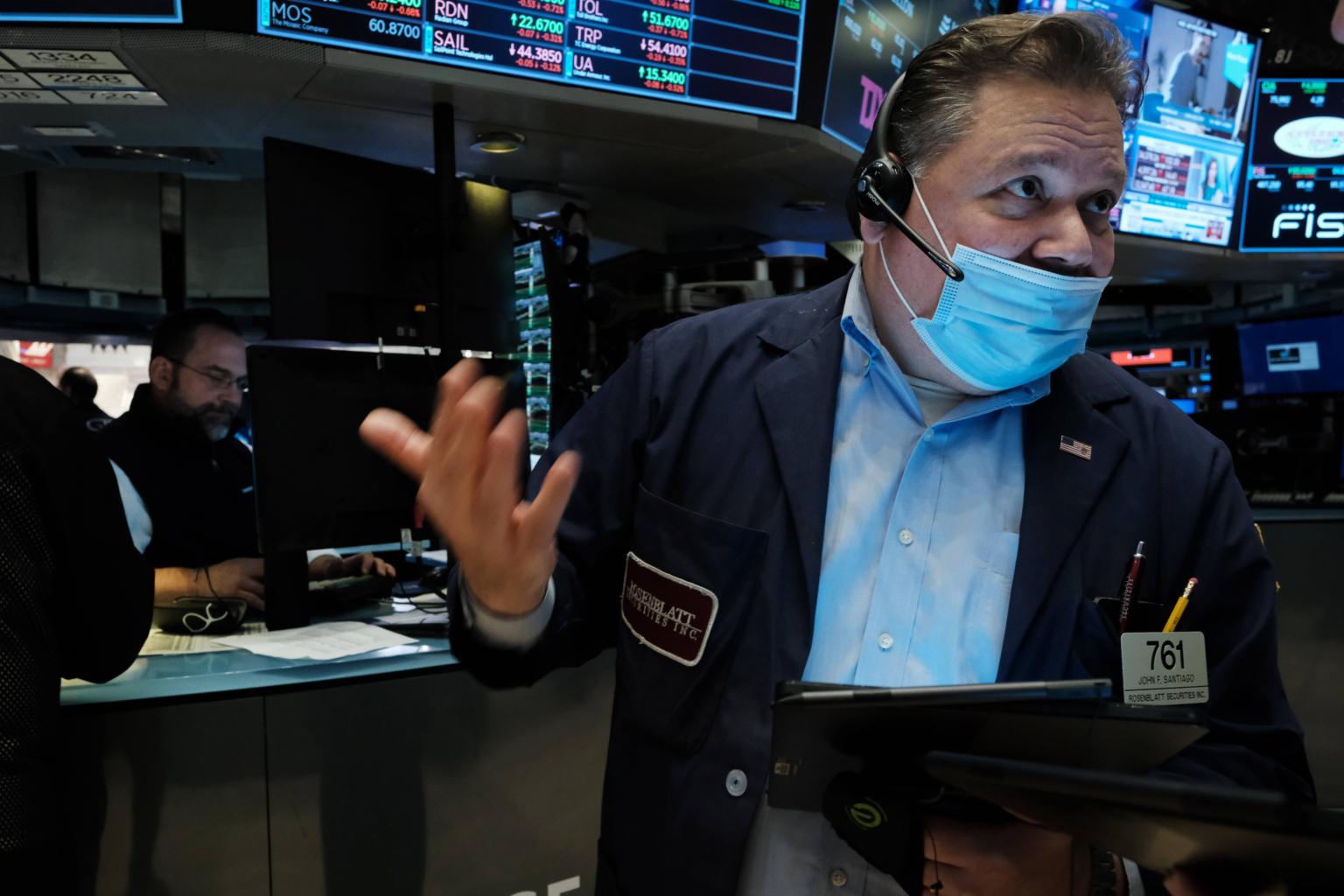Commodity traders sound alarm on plunging market liquidity
Sign up now: Get ST's newsletters delivered to your inbox

As commodities swing wildly, traders are struggling to keep up with massive cash requirements to back up their positions.
PHOTO: AFP
Follow topic:
LONDON (BLOOMBERG) - Whipsawing commodity prices and eye-watering margin calls are forcing traders to reduce their activity, driving liquidity out of markets and exacerbating price swings, according to some of the world's biggest trading houses.
"We're seeing clearly that liquidity in terms of being able to find buyers and sellers in distressed or highly volatile markets is becoming less," Engelhart Commodities Trading Partners chairman and chief executive Huw Jenkins said at the Financial Times Commodities Global Summit in Lausanne, Switzerland.
Engelhart has halved its positions over the past six or seven months, he added.
The company is not alone. As commodities swing wildly, traders and industrial players are struggling to keep up with massive cash requirements to back up their positions or put on new ones, which is squeezing participants out of the market.
The drop in liquidity is exacerbating volatility when prices do move.
European natural gas prices surged as much as 34 per cent on Wednesday (March 23) as Russian President Vladimir Putin prepared to demand rouble payments for the fuel.
It was just the latest example of the wild price swings spurred by the country's invasion of Ukraine.
"It's simply a general concern across the marketplace that we're losing participation," Vitol Group chief executive Russell Hardy said.
"Capital generally across the market is thinly spread and can't do as much as it might have been able to do a year ago because the cost of doing businesses has increased."
The surging volatility may increase as some participants get stopped out of derivatives positions and it becomes more expensive to put on new ones.
Several trading-house executives also said there has been a noticeable shift towards companies placing over-the-counter commodities hedges and bets through banks, rather than on exchanges.
While the costs associated with trading commodities are growing, higher prices also mean the traders need additional credit to finance the cargoes of commodities they ship around the world.
Trading houses with large physical books, including Trafigura Group and Mercuria Energy Group, have raised billions of dollars in new funding at short notice to enable them to continue doing business.
"We do have to size our activity and our risk appetite with our financing capability. It's as brutal as that," said Mr Frederic Barnaud, group chief strategy and commercial officer at Mercuria.
Ultimately, the squeeze is leading to more caution.
Engelhart's Mr Jenkins said: "This combination of very elevated volatility combined with significant increase in margin requirements, combined with significant air pockets where liquidity in markets disappears, means you have to take an extremely conservative approach to risk management."

